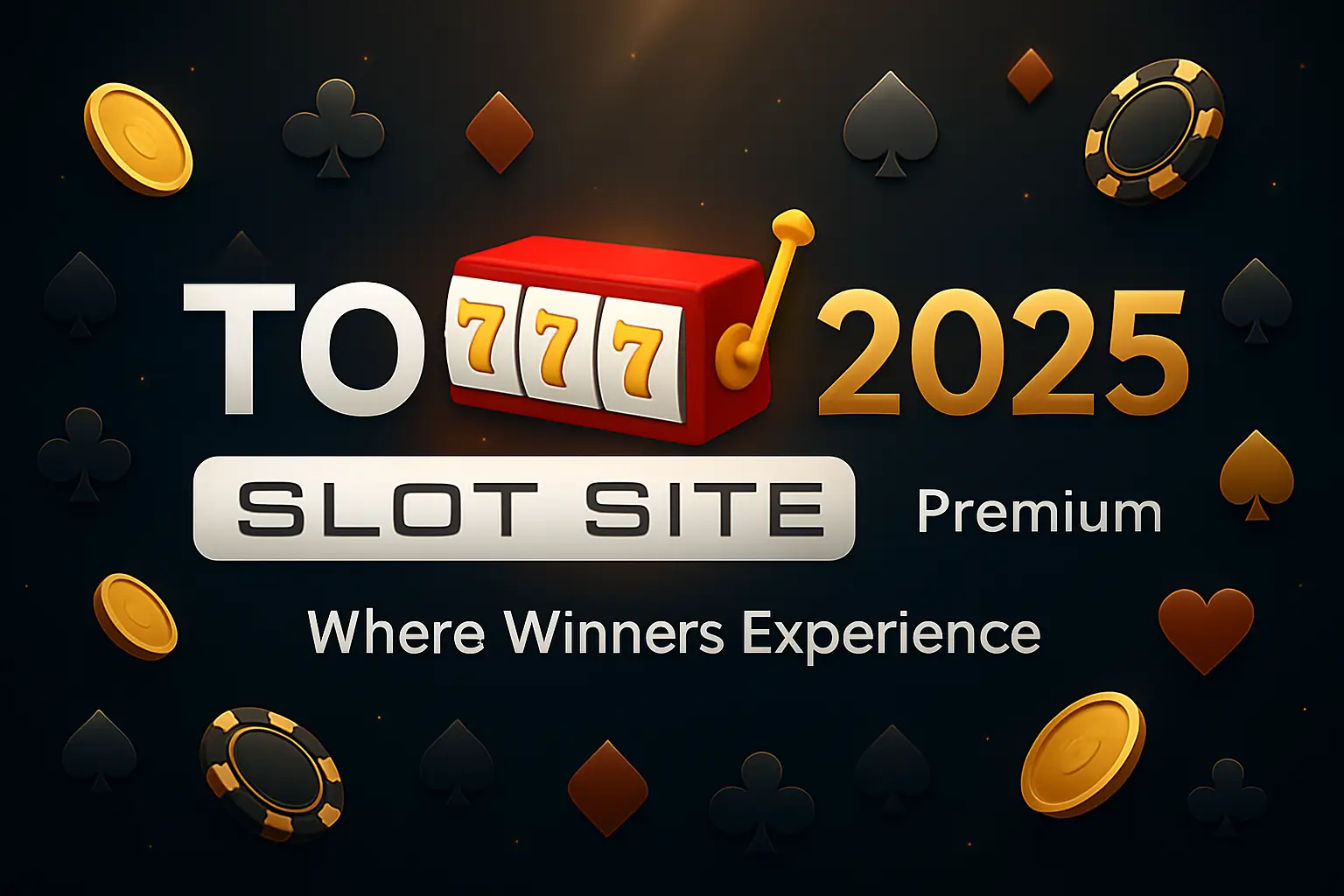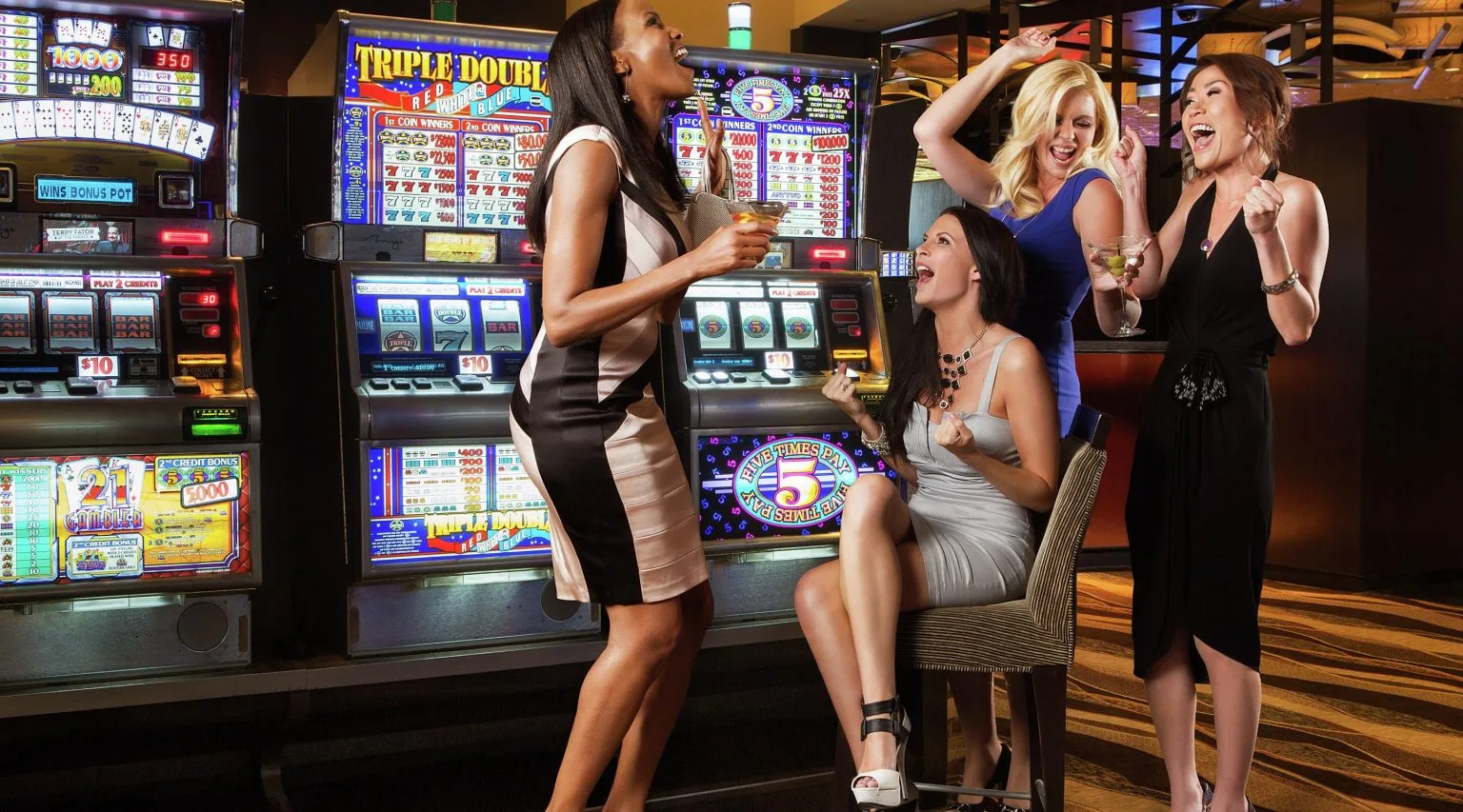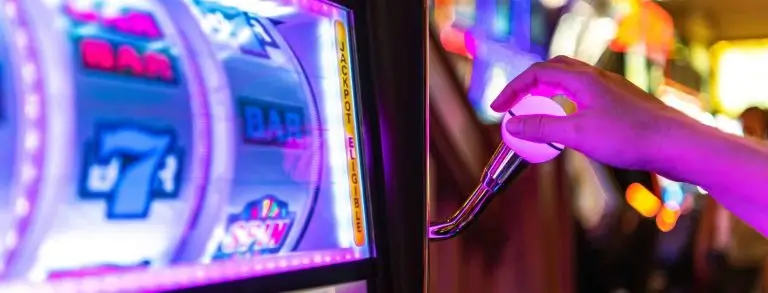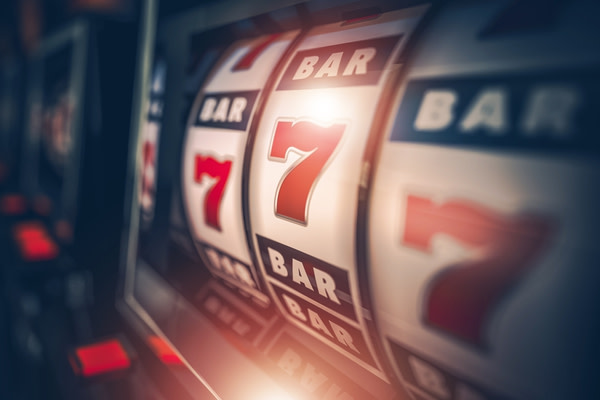
Play Top Slot Games at TopSlots Casino - Ultimate Slots Destination
Welcome to TopSlots Casino - The Ultimate Slots Gaming Experience
Welcome to TopSlots Casino, the UK's premier slots specialist offering over 3000 premium slot games from the world's leading software providers. As the ultimate slots destination powered by ProgressPlay, TopSlots Casino delivers unmatched variety, quality, and excitement for serious slots enthusiasts.
From classic fruit machines to cutting-edge Megaways slots, progressive jackpots to branded titles, TopSlots Casino provides the most comprehensive slots gaming experience available online. Discover why we're the top choice for UK slots players seeking quality, variety, and massive winning potential.
Ultimate Slots Games Collection
Experience the most extensive slots games library at TopSlots Casino, featuring over 3000 premium slot titles from industry leaders including NetEnt, Microgaming, Pragmatic Play, Big Time Gaming, and Push Gaming. Our ultimate slots collection spans every category and theme imaginable, ensuring endless entertainment for every type of slots player.

Discover popular slots like Starburst, Book of Dead, Sweet Bonanza, and exclusive TopSlots games you won't find elsewhere. Our slots library is constantly updated with the latest releases, ensuring fresh content and new gaming experiences every week.
Megaways Slot Games Excellence
Experience the revolutionary Megaways slots collection at TopSlots Casino. These innovative slots offer up to 117,649 ways to win with every spin, creating unprecedented winning potential and excitement. Popular Megaways titles include Bonanza, White Rabbit, and Extra Chilli, all featuring the dynamic reel system that changes with every spin.
Progressive Jackpot Slots
Chase life-changing jackpots with our extensive progressive slots network. Our progressive collection includes Mega Moolah, Hall of Gods, and Divine Fortune, with jackpots regularly exceeding £5 million. These connected jackpot games offer the ultimate slots gaming experience with massive prize potential.
Mobile Slots Gaming Excellence
Enjoy the complete TopSlots experience on any mobile device with our optimized mobile slots platform. Our mobile casino provides seamless access to our entire slots library, ensuring the same high-quality gaming experience whether you're at home or on the go.
Mobile slots gaming at TopSlots Casino features touch-optimized controls, fast loading times, and full functionality across all smartphone and tablet devices. Experience the ultimate mobile slots gaming with TopSlots Casino.
Slots Bonuses and Free Spins
Maximize your slots gaming with TopSlots Casino's exclusive slots bonuses and free spins offers. New players receive generous welcome packages with bonus funds and free spins on popular slot games, while existing members enjoy regular reload bonuses and exclusive promotions.
Our VIP program rewards loyal slots players with exclusive bonuses, faster withdrawals, and personalized offers designed specifically for serious slots enthusiasts.
Featured Gaming Experiences - Top Player Destinations
🎰 Most Popular Gaming Categories
Explore our comprehensive gaming collection with these top-performing destinations:
- Top casino slot collection - Discover our complete slots library with thousands of games
- live blackjack games - Experience authentic live dealer blackjack action
- PayPal casino options - Convenient PayPal payment options for secure gaming
- mobile casino bonuses - Exclusive mobile gaming bonuses and offers
- Alaskan Fishing mobile game - Popular fishing-themed slot adventure
🏆 Gaming Categories & Slot & Casino Guides
Find your perfect gaming experience with our specialized sections:
- UK gambling guide - Complete guide to UK online gambling
- casino gambling hub - Everything about casino gaming strategies
- online slots collection - Comprehensive slots gaming portal
- top blackjack games - Best blackjack variations and strategies
- PayPal gambling options - Secure PayPal gaming solutions
Comprehensive Payment Methods and Banking
and Banking
TopSlots Casino offers the most extensive payment methods in the UK online gaming industry, designed to accommodate every player's banking preferences and requirements. From traditional credit and debit cards to cutting-edge e-wallets, cryptocurrency options, and innovative pay-by-phone solutions, we ensure convenient, secure, and fast transactions for all our members.

Our comprehensive banking system supports instant deposits across all payment methods, with most withdrawals processed within 24 hours. We understand that UK players value speed and security in their financial transactions, which is why TopSlots Casino has partnered with the most trusted payment providers in the industry.
Traditional Payment Methods
Experience reliable banking with our traditional payment options including Visa, Mastercard, and Maestro debit and credit cards. These universally accepted payment methods offer familiar security features and are processed instantly for deposits, with withdrawals typically completed within 3-5 business days.
Bank transfers provide the highest security levels for larger transactions, with enhanced verification processes ensuring complete protection of your funds. While processing times are longer (3-7 business days), bank transfers offer unlimited transaction limits for high-roller players.
Modern E-Wallet Solutions
Embrace the future of online payments with our comprehensive e-wallet collection including PayPal, Skrill, Neteller, and ecoPayz. These modern payment solutions offer enhanced privacy, instant deposits and withdrawals, and mobile-optimized interfaces perfect for on-the-go gaming.
E-wallets provide an additional security layer by keeping your banking details separate from your gaming account, while offering some of the fastest withdrawal times in the industry - often processed within hours rather than days.
## Live Casino Excellence and Authentic Gaming
Experience the thrill of real casino gaming with TopSlots Casino's premium live dealer casino, featuring professional dealers and authentic casino atmospheres streamed in HD quality directly to your device. Our live casino operates 24/7 with multiple tables for blackjack, roulette, baccarat, and poker, ensuring you always find your preferred game and betting limits.
Interact with professional dealers and fellow players while enjoying the convenience of online gaming combined with the authenticity of traditional casino experiences. Our live casino technology delivers seamless streaming with minimal latency, creating an immersive gaming environment that rivals any land-based casino.
Live Blackjack Excellence
Master the art of 21 with our comprehensive live blackjack collection featuring multiple variations including Classic Blackjack, VIP Blackjack, and Speed Blackjack. Our professional dealers guide you through each hand while advanced camera angles provide clear views of every card dealt.
Experience side bets, insurance options, and perfect pairs variations that add excitement to every hand. Our live blackjack tables accommodate all bankrolls with betting limits ranging from £1 to £5,000 per hand.
Live Roulette Varieties
Spin the wheel of fortune with our extensive live roulette collection including European Roulette, American Roulette, and exclusive TopSlots variations. Watch the ball spin in real-time while placing bets on your favorite numbers, colors, or combinations.
Our live roulette experience includes detailed statistics, hot and cold number tracking, and multiple camera angles ensuring you never miss the action. Special features like Lightning Roulette add multipliers and enhanced winning potential to traditional gameplay.
Comprehensive Customer Support Excellence
Access professional customer support whenever you need assistance with our 24/7 support team available through multiple channels including live chat, email, phone support, and comprehensive help resources. Our customer service representatives are trained gaming experts who can assist with everything from account setup and game recommendations to payment processing and technical support.
We pride ourselves on providing prompt, professional, and comprehensive support that ensures your gaming experience remains smooth and enjoyable. Our multilingual support team understands the unique needs of UK players and provides culturally relevant assistance.
Live Chat Support
Connect instantly with our support team through our live chat feature, available 24/7 with average response times under 60 seconds. Our live chat agents can resolve most queries immediately, from account questions to technical issues and payment inquiries.
Email and Phone Support
For complex inquiries or detailed assistance, our email support team provides comprehensive responses within 2 hours during business hours. Phone support is available for urgent matters, with dedicated UK phone lines ensuring local call rates and familiar accents.
Responsible Gaming Commitment and Player Protection
TopSlots Casino is dedicated to promoting responsible gaming practices through comprehensive tools and resources designed to help you maintain control over your gaming activities. We provide detailed deposit limits, session timers, reality checks, and self-exclusion options, along with links to professional support organizations and educational resources about responsible gaming.
Your wellbeing is our priority, and we're committed to ensuring your gaming remains a positive and enjoyable form of entertainment. Our responsible gaming tools are easily accessible through your account dashboard and can be adjusted at any time to match your personal preferences and requirements.
Deposit and Spending Controls
Set daily, weekly, or monthly deposit limits to control your spending and ensure gaming remains within your budget. Our system automatically enforces these limits and provides cooling-off periods before any increases take effect, giving you time to reconsider any changes.
Session time limits help you manage your gaming duration, with automatic reminders and session termination options ensuring you maintain healthy gaming habits. Reality check notifications appear at intervals you choose, reminding you of time spent gaming and money wagered.
Professional Support Resources
Access professional support through our partnerships with GamCare, Gamblers Anonymous, and other recognized organizations specializing in gambling addiction support. We provide direct links to counseling services, self-assessment tools, and educational materials about responsible gaming practices.

UK Licensed Gaming with Complete Regulatory Compliance
TopSlots Casino operates under full UK Gambling Commission licensing (License Number: 000-039372-R-319367-014), ensuring complete regulatory compliance and the highest standards of player protection. Our commitment to responsible gaming includes comprehensive player safety measures, secure transaction processing, and fair gaming practices that meet the strictest industry requirements.
Trust TopSlots Casino for secure, fair, and responsible gaming entertainment that prioritizes your safety and satisfaction above all else. Our UK license ensures all games are regularly audited for fairness, all player funds are segregated and protected, and all operations meet the highest regulatory standards.
Fair Gaming and RNG Certification
All slot games at TopSlots Casino use certified Random Number Generators (RNG) that are regularly tested by independent auditing companies including eCOGRA and iTech Labs. These certifications ensure every spin is completely random and fair, with published RTP (Return to Player) percentages for complete transparency.
Our commitment to fair gaming extends to all aspects of our operation, from game outcomes to bonus terms and withdrawal processing. Regular audits ensure we maintain the highest standards of integrity and fairness.
TopSlots Casino FAQ - Complete Gaming Questions Answered
Related Industry News
VGW Faces Sweeps Class Action in California as It Winds Down Canadian Operations
25 August 2025Virtual Gaming Worlds (VGW), the parent company of social sweepstakes platforms Chumba Casino, LuckyLand Slots, and Global Poker, along with its founder, Laurance Escalante, and...
Read more
Q: What types of slot games are available at TopSlots Casino?
A: TopSlots Casino offers over 3000 slot games including classic slots, video slots, Megaways slots, progressive jackpots, and branded titles from top software providers like NetEnt, Microgaming, and Pragmatic Play.
Q: How fast are withdrawals at TopSlots Casino?
A: Withdrawal times vary by payment method: e-wallets are processed within 24 hours, credit/debit cards within 3-5 business days, and bank transfers within 3-7 business days. VIP players enjoy priority processing.
Q: Is TopSlots Casino available on mobile devices?
A: Yes, TopSlots Casino is fully optimized for mobile devices with access to our complete game library, banking options, and customer support through smartphones and tablets.
Q: What bonuses are available at TopSlots Casino?
A: New players receive generous welcome bonuses with bonus funds and free spins. Existing players enjoy reload bonuses, cashback offers, and VIP rewards. All bonuses include terms and conditions - please gamble responsibly.
Q: How do I contact TopSlots Casino customer support?
A: Contact our 24/7 support team via live chat (fastest response), email support, or phone. Our professional team can assist with all gaming, account, and payment inquiries.
Q: What makes TopSlots Casino different from other online casinos?
A: TopSlots Casino specializes exclusively in slots gaming with over 3000 titles, offering the most comprehensive slots experience available online. Our UK license, 24/7 support, and slots-focused approach make us the ultimate destination for serious slots enthusiasts.
Explore Our Top Casino Games
Welcome to our comprehensive collection of online casino games! Whether you're a seasoned player or a newcomer, we offer a wide variety of exciting games that suit all preferences. Below, you'll find links to detailed pages on some of our most popular and diverse game categories. Each page is designed to help you explore the thrilling world of online gaming and enhance your experience. Click on the bold text to dive deeper into each game type and discover what makes it unique.
Baccarat
Baccarat is a classic casino card game that offers one of the lowest house edges, making it a favorite among seasoned gamblers. It is a game of chance where players bet on the outcome of a hand dealt between the player and the banker. Our Baccarat page provides all the rules, variations, and strategies that you need to start playing this elegant game. Don't miss out on this timeless game of high stakes and fast-paced action.
Casino Games
If you're looking for a broad range of casino games, our general Casino Games page is the place to be. From card games to table games and everything in between, this page covers all the gaming options available on our site. Whether you prefer traditional games like Blackjack or newer variations, you'll find everything you need to have a fun and rewarding experience.
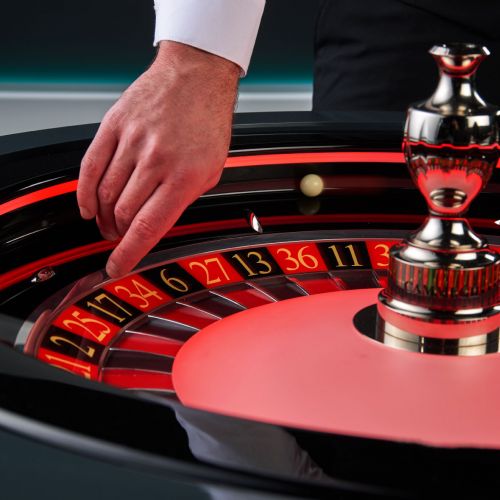
European Roulette
European Roulette is one of the most popular variations of the classic roulette game. With a single-zero wheel, it offers better odds compared to its American counterpart. On our European Roulette page, you'll find detailed instructions on how to play, along with tips and strategies to increase your chances of winning. Spin the wheel and enjoy the excitement of this iconic game!
Featured Games
Our Featured Games page showcases the latest and most popular games on our platform. These are handpicked for their innovation, excitement, and player engagement. Whether you're a casual gamer or a competitive player, this page has something for everyone. Discover new favorites and explore top-rated games!
Jackpots
If you're chasing life-changing wins, then the Jackpots page is your go-to destination. Here, you'll find a selection of progressive jackpot slots that offer massive payouts. With every spin, the jackpot grows, offering the chance to win big. Explore the world of high-stakes gaming and find your next big win!
Live Casino
Experience the thrill of a real casino from the comfort of your home with our Live Casino games. Our live casino section offers a variety of real-time games hosted by professional dealers. Interact with them and other players while enjoying an immersive experience with games like live Blackjack, live Roulette, and more.
Live Roulette
Live Roulette brings the iconic roulette wheel to your screen, with a live dealer running the game in real-time. This variation offers an authentic casino atmosphere, allowing you to place bets and interact with the dealer as if you were at a physical casino. Visit our Live Roulette page for all the details and to start spinning the wheel!
Mobile Casino
Take your favorite casino games with you wherever you go with our Mobile Casino platform. Whether you're using a smartphone or a tablet, you can enjoy seamless gaming experiences with optimized versions of our most popular games. Explore the Mobile Casino page for all the games you can play on the go!
Online Slots
Online Slots are among the most popular games on our platform, and it's easy to see why. With a wide variety of themes, paylines, and bonus features, there's something for everyone. Head to our Online Slots page to explore the full collection and find your next favorite slot machine. Spin and win with exciting bonus rounds and progressive jackpots!
Pay by Phone Casino Slots
Experience convenience and security with Pay by Phone Casino Slots. This payment method allows you to make deposits directly from your mobile phone bill, offering a seamless and secure way to play your favorite slots. Find out more about how this payment option works and discover the best slots that support this payment method.
Poker
If you're a fan of strategy and skill, Poker is the game for you. From Texas Hold'em to Omaha, our Poker page offers all the information you need to get started or improve your game. Whether you prefer playing against others or against the house, you'll find a variety of poker games to enjoy on our platform.
Roulette Online
Play Roulette Online and experience the thrill of the spinning wheel in the comfort of your own home. Our Roulette Online page offers detailed rules and strategies to help you get the most out of your gameplay. From classic roulette to modern variations, you'll find plenty of options to test your luck and skill!
Scratch Cards
Scratch Cards are a quick and fun way to win big. On our Scratch Cards page, you'll discover a variety of digital scratch card games that are easy to play and offer exciting prizes. Whether you're looking to pass the time or chase a fast win, these instant-win games are perfect for you.
Slots
Slots are a staple of any online casino, and our Slots page offers a diverse selection of themed machines, from adventure-filled slots to classic fruit machines. Find your perfect slot game and spin the reels for the chance to win big with exciting features like wild symbols, multipliers, and free spins.
UK Online Blackjack
Blackjack is a classic casino card game known for its low house edge and strategic play. Our UK Online Blackjack page offers detailed rules and strategies, helping you learn how to master the game. Whether you're new to Blackjack or an experienced player, this page will guide you through the best practices for winning.

